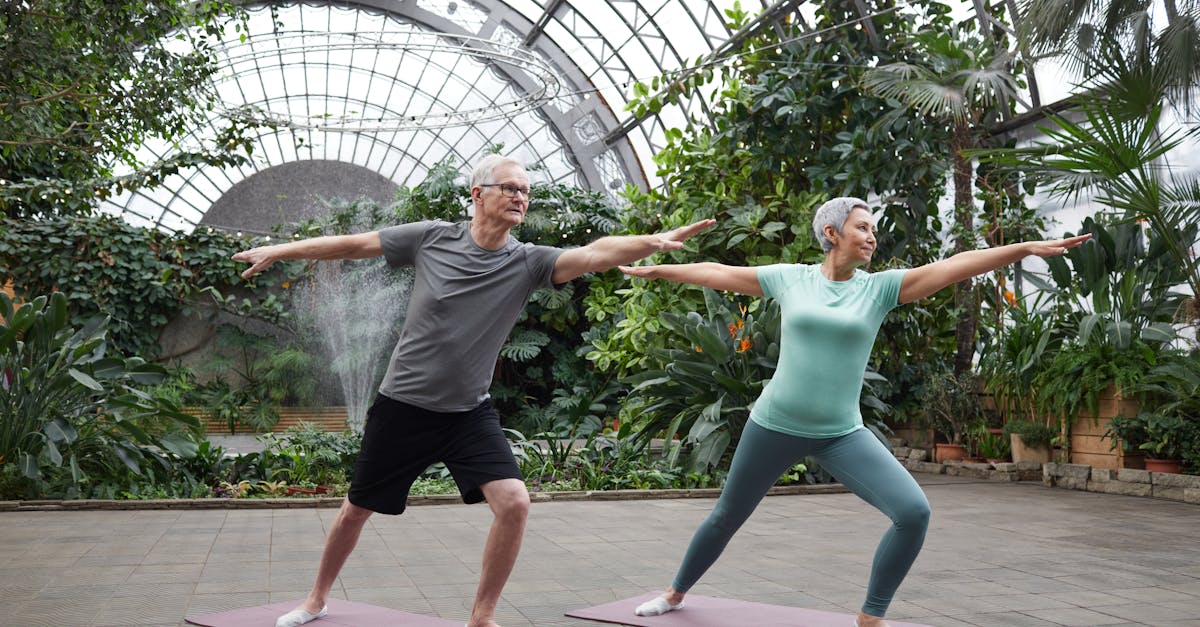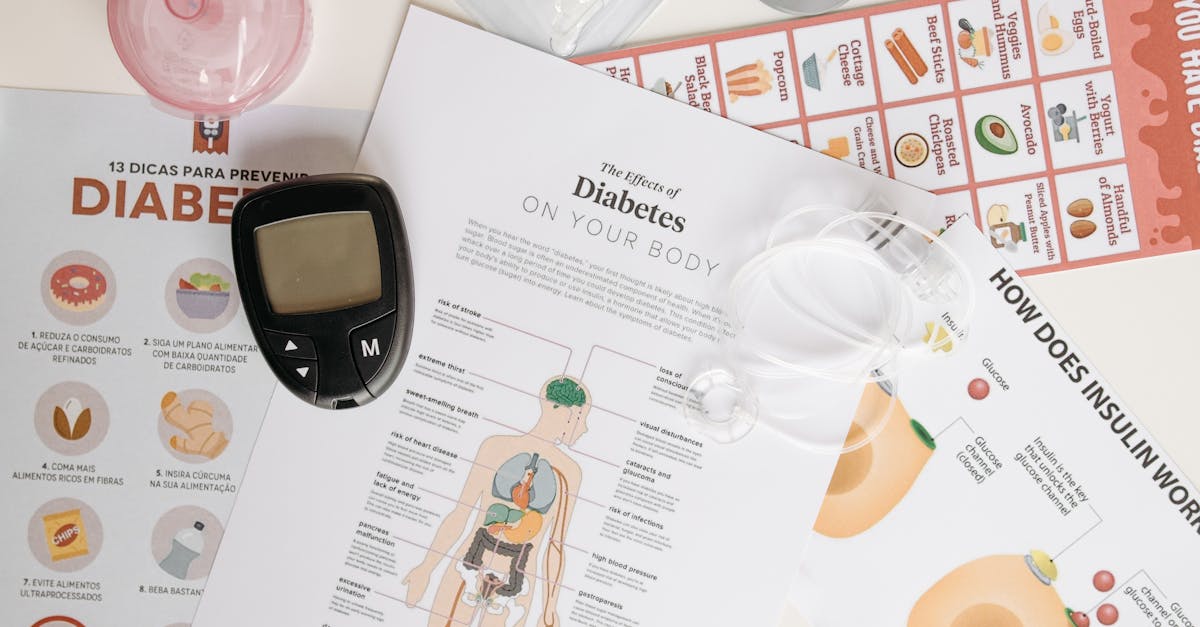Managing Anxiety Without Medication
Introduction
Anxiety is one of the most prevalent mental health conditions, affecting millions of people worldwide. It can manifest in various forms, from generalized anxiety disorder (GAD) to panic attacks, social anxiety, and phobias. While medication and therapy are effective treatments for many, others seek natural and holistic approaches to manage their symptoms. This article delves deeper into practical, non-pharmaceutical strategies to help control anxiety, offering a comprehensive guide to fostering emotional well-being and improving quality of life.
Advertisement
Mindfulness and Meditation
Mindfulness and meditation are powerful tools for managing anxiety. Mindfulness involves focusing on the present moment without judgment, which can help break the cycle of rumination and worry about the past or future. By grounding yourself in the here and now, you can reduce the intensity of anxious thoughts and feelings.
Meditation, on the other hand, is a structured practice that encourages relaxation and self-awareness. Techniques such as guided meditation, body scans, or loving-kindness meditation can calm the mind and promote emotional balance. Research shows that regular meditation can reduce activity in the amygdala, the brain's fear center, while increasing activity in areas associated with relaxation and focus.
To incorporate mindfulness and meditation into your routine, start with just 5-10 minutes a day. Apps like Headspace or Calm can provide guided sessions for beginners. Over time, these practices can help you build resilience against anxiety and cultivate a sense of inner peace.
Advertisement
Regular Physical Activity
Exercise is a natural anxiety reliever, thanks to its ability to boost endorphins, the brain's "feel-good" chemicals. Physical activity also reduces levels of stress hormones like cortisol and adrenaline, helping to alleviate tension and promote relaxation.
Aerobic exercises, such as running, swimming, or cycling, are particularly effective for reducing anxiety. However, even low-impact activities like walking, yoga, or tai chi can have significant benefits. Yoga, in particular, combines physical movement with breath control and mindfulness, making it an excellent choice for those seeking a holistic approach to anxiety management.
Aim for at least 30 minutes of moderate exercise most days of the week. If you're new to exercise, start with shorter sessions and gradually increase the duration and intensity. The key is to find activities you enjoy, as this will make it easier to stick with them long-term.
Advertisement
Balanced Diet
What you eat can have a profound impact on your mental health. A well-balanced diet rich in fruits, vegetables, lean proteins, and whole grains provides the nutrients your brain needs to function optimally. For example, foods high in omega-3 fatty acids, such as salmon, walnuts, and flaxseeds, have been shown to reduce anxiety by supporting brain health.
On the other hand, certain foods and beverages can exacerbate anxiety. Excessive caffeine, found in coffee, energy drinks, and some teas, can increase heart rate and trigger jitteriness, mimicking anxiety symptoms. Similarly, sugary snacks and processed foods can cause blood sugar spikes and crashes, leading to mood swings and irritability.
To support emotional well-being, focus on eating whole, unprocessed foods and staying hydrated. Incorporating magnesium-rich foods like spinach, almonds, and dark chocolate can also help, as magnesium plays a role in regulating the nervous system.
Advertisement
Adequate Sleep
Sleep and anxiety are closely intertwined. Poor sleep can exacerbate anxiety symptoms, while anxiety can make it difficult to fall or stay asleep. Breaking this cycle is essential for managing anxiety effectively.
Aim for 7-9 hours of quality sleep each night. Establishing a consistent sleep routine can help regulate your body's internal clock. Try to go to bed and wake up at the same time every day, even on weekends. Creating a calming bedtime ritual, such as reading, taking a warm bath, or practicing gentle stretches, can signal to your body that it's time to wind down.
Limiting screen time before bed is also crucial, as the blue light emitted by phones, tablets, and computers can interfere with the production of melatonin, the hormone that regulates sleep. If anxiety keeps you awake at night, consider keeping a journal by your bed to write down your thoughts and worries, helping to clear your mind.

Advertisement
Deep Breathing Techniques
Deep breathing exercises are a simple yet effective way to manage anxiety in the moment. When you're anxious, your breathing often becomes shallow and rapid, which can intensify feelings of panic. Deep breathing helps activate the parasympathetic nervous system, which counteracts the body's stress response.
One popular technique is diaphragmatic breathing, also known as belly breathing. To practice, sit or lie down in a comfortable position. Place one hand on your chest and the other on your abdomen. Inhale deeply through your nose, allowing your abdomen to rise while keeping your chest still. Exhale slowly through your mouth, feeling your abdomen fall. Repeat for several minutes until you feel calmer.
Another effective method is the 4-7-8 breathing technique. Inhale through your nose for a count of 4, hold your breath for a count of 7, and exhale through your mouth for a count of 8. This pattern can help slow your heart rate and promote relaxation.
Advertisement
Social Support
Having a strong support network is essential for managing anxiety. Sharing your thoughts and feelings with trusted friends or family members can provide emotional comfort and perspective. Sometimes, simply talking about what's bothering you can help alleviate the intensity of anxious thoughts.
If you don't feel comfortable discussing your anxiety with loved ones, consider joining a support group or seeking therapy. Support groups connect you with others who are facing similar challenges, fostering a sense of community and understanding. Therapy, whether individual or group-based, can provide tools and strategies for coping with anxiety in a structured and supportive environment.
Advertisement
Journaling
Journaling is a powerful tool for managing anxiety. Writing down your thoughts and emotions can help you process them more effectively, reducing mental clutter and providing clarity. Journaling also encourages self-reflection, allowing you to identify patterns or triggers that contribute to your anxiety.
There are many ways to approach journaling. Some people prefer free writing, where they jot down whatever comes to mind without worrying about structure or grammar. Others find prompts helpful, such as "What am I feeling right now?" or "What triggered my anxiety today?" You can also use journaling to practice gratitude, focusing on positive aspects of your life to shift your mindset.
Advertisement
Nature and Outdoor Activities
Spending time in nature has been shown to reduce anxiety and improve overall mental health. The calming effects of natural environments can help you disconnect from daily stressors and recharge emotionally. Activities like hiking, gardening, or simply sitting in a park can provide a sense of peace and tranquility.
Research suggests that exposure to nature can lower cortisol levels, reduce blood pressure, and improve mood. Even a short walk in a green space can have immediate benefits. If you live in an urban area, consider visiting a botanical garden, nature reserve, or community park to immerse yourself in nature.
Advertisement
Conclusion
Managing anxiety naturally requires dedication, patience, and a willingness to make lifestyle changes. By incorporating mindfulness, regular exercise, a balanced diet, adequate sleep, deep breathing techniques, social support, journaling, and time in nature, you can significantly reduce anxiety symptoms and improve your overall quality of life.
While these strategies can be highly effective, it's important to remember that everyone's journey with anxiety is unique. What works for one person may not work for another, so it's essential to experiment with different approaches and find what resonates with you. With persistence and support, you can take control of your anxiety and create a life filled with greater peace and well-being.
Advertisement


